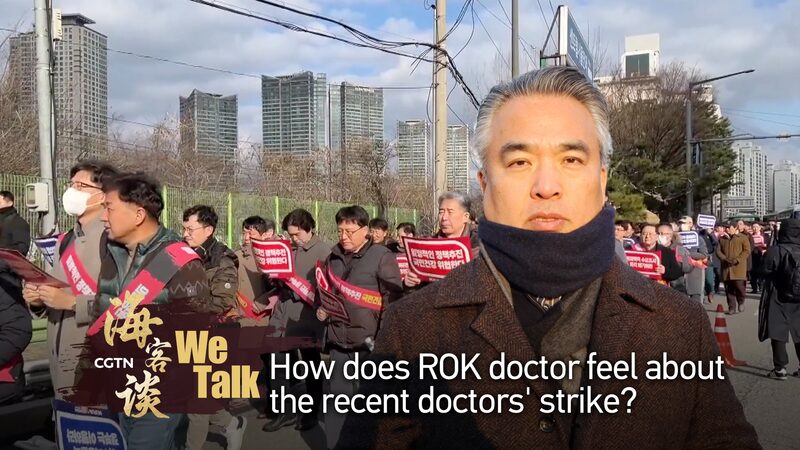South Korea's healthcare system is currently grappling with a significant crisis as nearly 9,000 doctors have resigned since February 19. This exodus comes despite the ROK government's announcement earlier in February to boost the number of medical students from 3,058 to 5,058 starting in the 2025 academic year, with plans to add around 10,000 doctors by 2035. 🏥📉
The surge in medical student enrollment was intended to address the ongoing shortage of healthcare professionals. However, the strategy seems to be falling short as more than 10,000 medical students have applied for suspension, exacerbating the staffing issues and leading to operational difficulties in many hospitals.
In response to the escalating situation, the ROK government elevated the crisis level of the medical system to the highest category of \"serious\" on the 23rd. Additionally, they have granted full approval for hospitals to implement online outpatient services until the end of the doctors' collective action. 💻🩺
Amidst these developments, CGTN stringers hit the streets of South Korea to hear directly from the protesting doctors. One such voice is Kim Sung-geun, a 53-year-old medical school professor, who expressed his concerns. Kim emphasized that simply increasing the number of medical students won't resolve the current issues plaguing the healthcare system. He called on the government to rethink and rectify its policies to effectively tackle the root causes of the crisis.
The ongoing strike highlights the urgent need for comprehensive solutions to ensure a stable and effective healthcare system in South Korea. As the situation develops, all eyes are on the government's next moves to alleviate the pressures faced by both medical professionals and patients alike. 🌍💬✨
Reference(s):
We Talk: What does a ROK doctor feel about the recent doctors' strike?
cgtn.com



